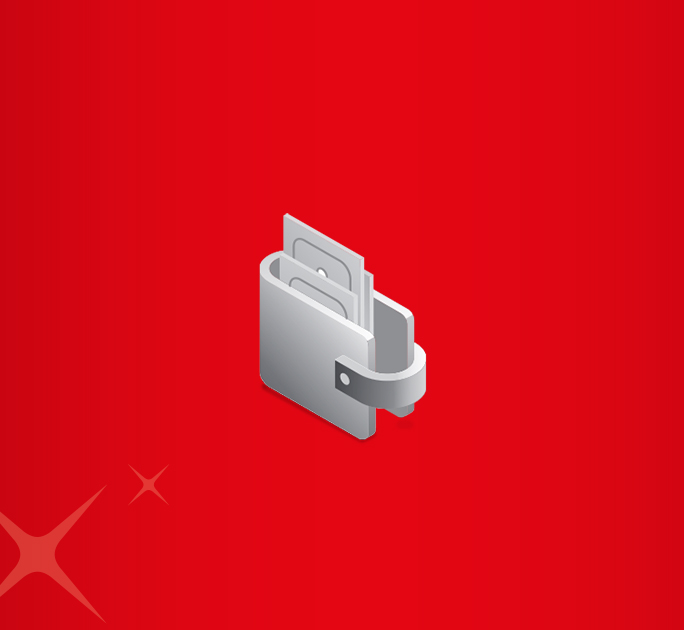- Save
- Invest
- Borrow
- Pay
- More
- Customer Services

What Is SWIFT Code?
A Brief Guide on SWIFT Code meaning, and how it works
Key Takeaways
- SWIFT stands for Society of Worldwide Interbank Financial Telecommunication.
- SWIFT is also known as Bank Identifier Code (BIC) and is approved by International Organisation for Standardisation.
- The SWIFT system sends predefined messages and instructions to overseas banks for incoming payments.
- The SWIFT Code comprises the bank details, country code, city code and branch code.
- Without SWIFT, international money transfers are not possible.
If you have ever transferred money abroad, you probably know that the international remittance process differs from domestic fund transfers. For such transactions, you typically have to enter a unique code. This code, known as SWIFT Code, represents the bank where the money is being transferred and facilitates cross-border transactions. Let us understand what is bank SWIFT Code and its importance.
What Is SWIFT Code?
Society of Worldwide Interbank Financial Telecommunication (SWIFT) is an 8-to-11-character code, also known as Bank Identifier Code (BIC). Each bank has a unique SWIFT code indicating its name, location and branch. The first 4 characters of the SWIFT Code are the bank code, the next 2 are the country code, the following 2 are the city code, and the last 3 are optional codes indicating the bank branch. The International Organisation approves these codes for Standardisation (ISO).
How does Swift work?
Now that you know the SWIFT Code full form let us briefly understand how it works. Financial institutions use the SWIFT Code to communicate with one another. Communication occurs via predefined messages and instructions. Each institution has a unique code that they use to send and receive instructions about money transfers between two countries.
The Swift code for DBS Bank India Limited is DBSSINBBXXX with last 3 digits (XXX) is the branch code where the customer holds the account. Refer the attached list for branch codes.
Example Explaining How SWIFT Works
Let us say Reema lives in India and wishes to send money to her son Raj, studying in Australia. Raj provides Reema with his bank's SWIFT Code, and Reema uses the code to remit funds to Raj's bank account overseas. Now, with SWIFT, Reema's bank sends an encrypted message to Raj's bank, intimating that a money transfer request has been made. Reema's bank debits the funds from her account and credits them to Raj's bank. Raj's bank then credits the received funds in his account after levying the inward remittance charges and taxes.
In layman's terms, SWIFT is a messaging network between institutions informing each other about incoming payments. Financial institutions become members of SWIFT by paying a one-time joining fee.
What is Bank SWIFT Code's Importance?
Besides knowing the bank SWIFT Code meaning, it is imperative to understand its importance. Before SWIFT, bank executives transcribed every sentence pertaining to international fund transfers manually, leading to higher transfer times and error-filled communications. SWIFT was established in 1973 to eliminate manual errors, reduce transfer times, and streamline fund transfers.
Unlike domestic money transfers, international money transfers are slightly more complicated. You want your money to reach the right bank account in a different country. Without SWIFT, banks cannot recognise transactions, and you cannot send money overseas. The SWIFT network is integrated in a way that banks can deny your remittance request if you enter the incorrect code.
Final Note
SWIFT Code or BIC is a messaging network between financial institutions that informs them about financial activities such as money transfers. You need a SWIFT Code of the overseas bank where you wish to transfer money. Thanks to SWIFT, international money transfers have become seamless and effortless.
Get started with seamless money transfer with DBS Bank. Download the app now and send money to your family from anywhere!
*Disclaimer: This article is for information purposes only. We recommend you get in touch with your income tax advisor or CA for expert advice.











